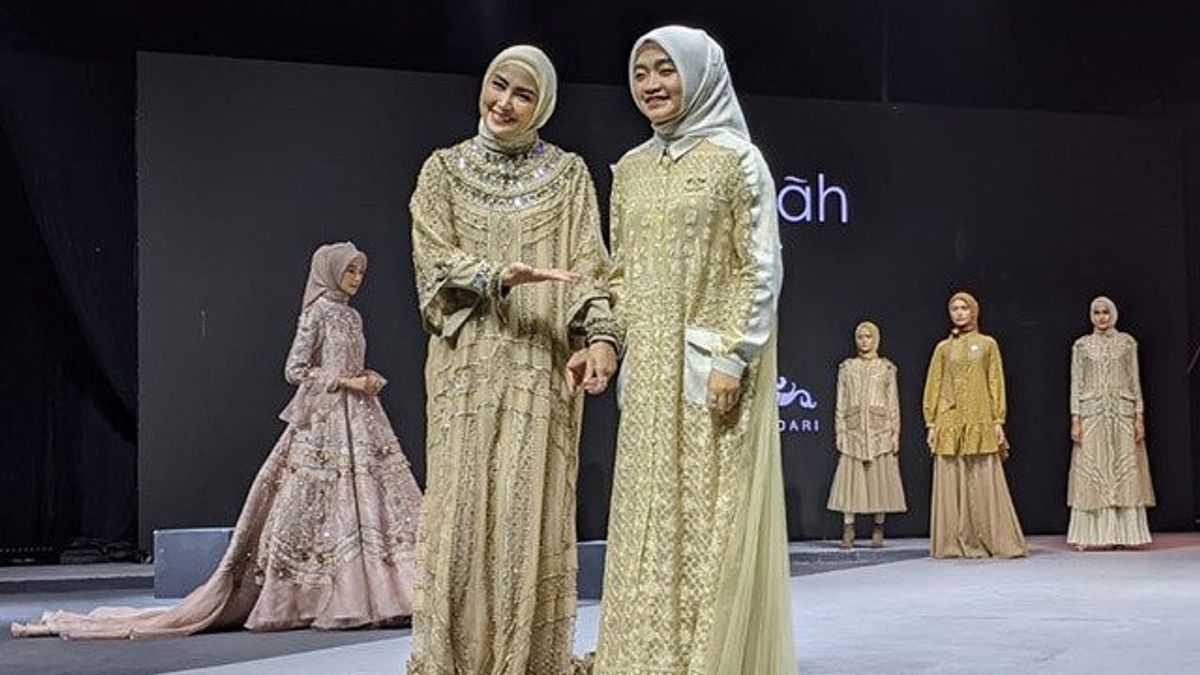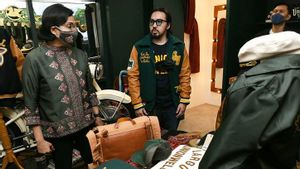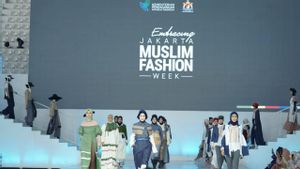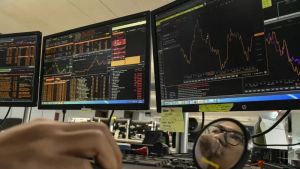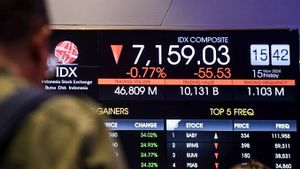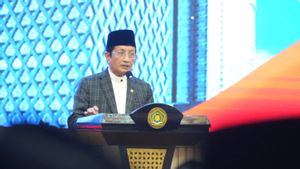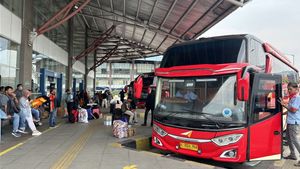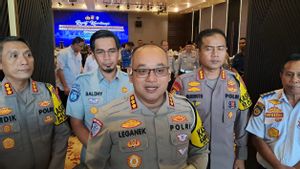JAKARTA - The government is targeting Indonesia to become the center of the world's halal industry. Currently, the development of the halal industry in the country is growing and performing brilliantly in the last two years. In fact, the Indonesian Muslim fashion sector is ranked third in the world.
Referring to the State of the Global Islamic Economy Report 2020-2021 data, Indonesia is currently ranked fourth in the food sector (halal food), up eight ranks compared to the previous position. This sector also has a significant contribution to the national economy.
"In the halal pharmaceutical and cosmetics sector, we have increased 19 places so that we are currently ranked 6th in the world. Meanwhile, in the Muslim modest fashion sector, Indonesia is now ranked 3rd in the world," said Secretary General of the Ministry of Industry, Dody Widodo. in Jakarta, Wednesday, December 22.
Dody also stated that the realization of investment in the halal industry in Indonesia is the highest in the world. Throughout 2018-2021, there were 80 transactions in the form of M&A (mergers and acquisitions), Private Equity (PE), and Venture Capital (VC) related to the halal industry.
"These transactions are spread across every sector, with the largest occurring in the halal food sector and sharia finance," he said.
The Ministry of Industry, said Dody, is determined to work harder in developing the national halal industry so that it can be globally competitive. "Therefore, acceleration is needed so that we can immediately transform from a top consumer market to a top halal exporter," he said.
As a strategic effort to support the development of the halal industry ecosystem in Indonesia, the Ministry of Industry has taken several policy initiatives related to the development of the halal industry, such as accelerating the halal certification process for industry, especially the small and medium industry (IKM) sector.
Furthermore, the establishment of the Halal Examination Institute (LPH), and strengthening the capacity of human resources through facilitation of halal auditor training. "With experience as a leading sector in the application of the Indonesian National Standard (SNI) industry, the Ministry of Industry can play a role and the Halal Assurance System (SJH) in the future," he added.
Forming a halal industrial area
In addition, the Ministry of Industry also continues to encourage the establishment of halal industrial areas. This is stated in the Regulation of the Minister of Industry Number 17 of 2020 concerning Procedures for Obtaining a Certificate for the Establishment of a Halal Industrial Estate.
"The Ministry of Industry issues a Certificate of Halal Industrial Estate for Halal Modern Valley which is managed by PT. Modern Industrial Estate, in Serang, Banten, for Halal Industrial Park Sidoarjo which is managed by PT. Makmur Berkah Amanda, Sidoarjo, and for Bintan Inti Halal Hub which is managed by by PT Bintan Inti Industrial Estate, in Bintan, Riau Islands," he said.
In fact, the Ministry of Industry has successfully organized the 2021 Indonesia Halal Industry Awards (IHYA). This activity was carried out as a form of government appreciation for industry activists, academics, and parties who have played an active role in advancing the development of the halal industry in Indonesia.
"Ihya's own word in Arabic means to revive. With this meaning, there is hope that this award event can contribute to efforts to revive, awaken and strengthen the sharia economic ecosystem in general and the halal industry in particular," said Dody.
Indonesia must maximize the potential of the halal industry
Minister of Finance (Menkeu) Sri Mulyani Indrawati said that all countries were still facing the COVID-19 pandemic. This pandemic has had a tremendous impact in the health, social and economic fields.
However, Sri said, in this crisis situation, the halal industry is still able to record good performance. Globally, spending on halal products in 2019 before the pandemic occurred, especially for food products, pharmaceuticals, cosmetics, fashion, and other products, reached 2.20 trillion US dollars and grew by 3.2 percent.
Sri said this growth was higher than the world's economic growth before the onset of COVID-19, which was 2.3 percent. This illustrates the potential of the market for halal products that are in demand by many consumers around the world.
SEE ALSO:
This state treasurer said that Indonesia as a country with a large economy, included in the G20 group and with a large Muslim population, saw this potential as an opportunity to develop industries that could meet the wishes or demands for both Indonesia and the global market.
"I hope that the cooperation between KNEKS (National Committee for Sharia Economy and Finance) in continuing to develop the halal industry ecosystem in Indonesia and the business world, today with Unilever, but also in the region and the world will develop a good cooperation," she explained.
The government wants MSMEs to be involved in the development of the halal industry
The Minister of Cooperatives and SMEs, Teten Masduki wants that with an innovation center, the Muslim Center Of Excellent (UMCE) as a global center of innovation for halal products in the world, can partner with MSME actors in Indonesia.
"We hope that Unilever Indonesia can also partner with Indonesian MSMEs in order to fulfill the supply chain of the halal product industry," said Teten.
Teten explained that many Indonesian MSME products can be included in the global industrial production supply chain. In this collaboration, it is hoped that MSME actors will be able to transfer technology and knowledge for business development.
"So that there is a transfer of technology, knowledge for the development of our MSMEs, especially in the halal industry," he said.
Furthermore, said Teten, there will be many other multi-stakeholder collaborations. Various programs that have been planned can also continue to run as expected. Thus, it can have a positive impact on society. Especially for SMEs.
"I hope this multi-stakeholder collaboration will continue and run as expected," he explained.
The English, Chinese, Japanese, Arabic, and French versions are automatically generated by the AI. So there may still be inaccuracies in translating, please always see Indonesian as our main language. (system supported by DigitalSiber.id)
